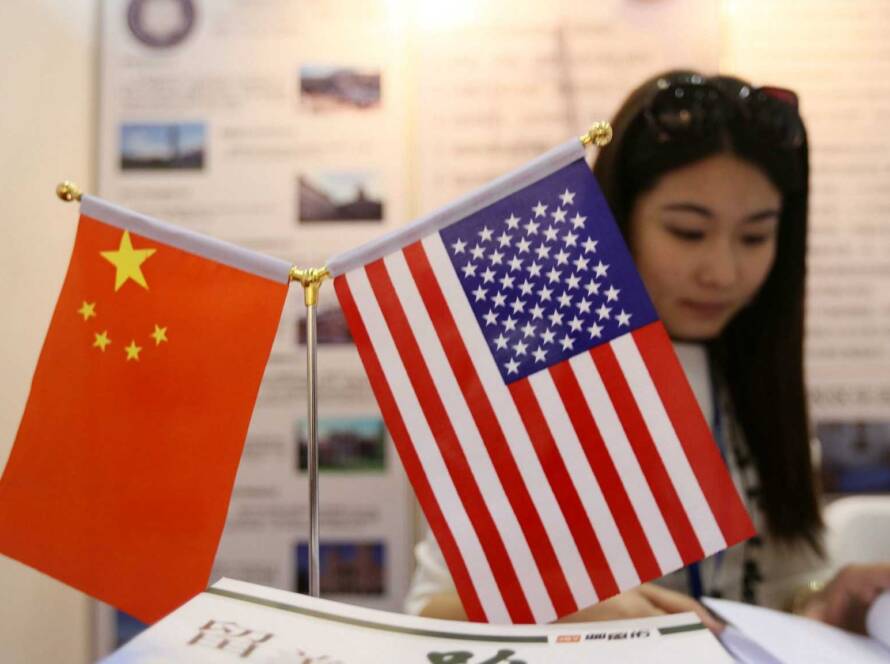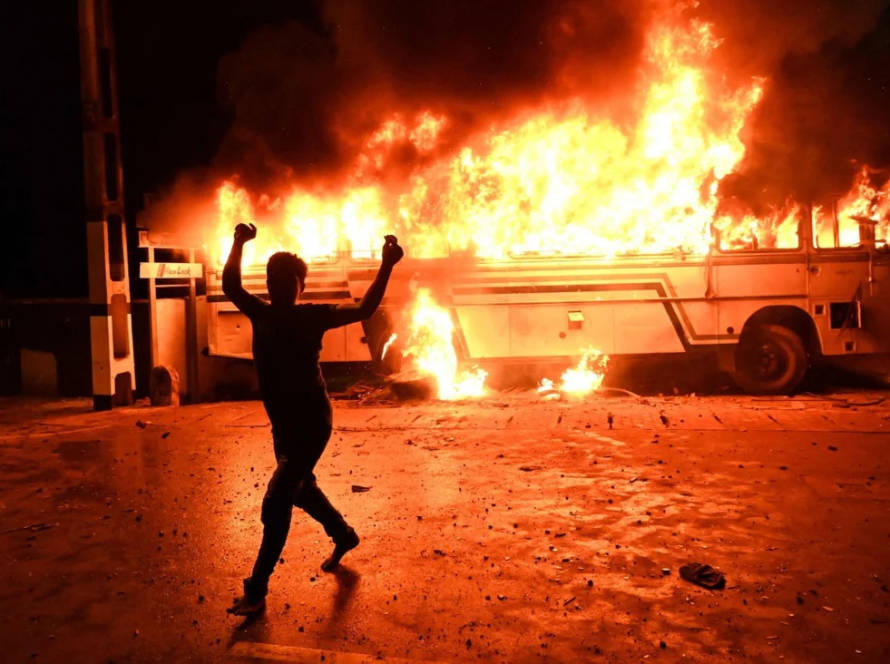By Uditha Devapriya
In the face of growing unrest, turmoil, and chaos, the military junta governing Myanmar decided last week to move Aung San Suu Kyi – the democratically elected leader ousted in a coup in 2021 – into house arrest.
The decision stemmed ostensibly from concerns over her health: Suu Kyi is 78, and the prison in which she was confined, in the capital Naypyidaw, had been sweltering from temperatures as high as 105 degrees Fahrenheit. It’s not clear where she was moved to, but it’s clear the shift marks another juncture in the government’s ongoing battle with ethnic insurgents and organizations, all of whom want the junta out.
It is of course debatable whether the junta views Suu Kyi as a pawn in their game, though a number of experts have contended as such. One analyst points out that the last thing a deeply unpopular regime losing vast swathes of territory to pro-democracy outfits will need is their “prime bargaining chip die of heatstroke.”
A recent New York Times report paints a dire picture of the extent of the regime’s unpopularity: more than half the country has fallen to resistance forces, most of them ethnic armed organizations (EAOs). Since last October, when an alliance calling itself the Three Brotherhood Alliance launched an unprecedented offensive in northern Shan State, more than 300 military bases have been overtaken by these outfits.
The Western media, by and large, has taken the opportunity to describe Myanmar as a “failed state.” Such narratives belie the reality on the ground, and at best exhibit the kind of condescending, neo-Orientalist attitude which mainstream outlets have been known for in their reporting on non-Western countries. Myanmar also tends to be seen through the prism of other countries and of geopolitical contestations in the region. That has largely sidelined, if not undermined, local perspectives.
Against such a backdrop, what does Suu Kyi’s shift to house arrest portend? Does it mean she still matters within the resistance, and if so, the junta wants to use her to pacify the movement? This is debatable, but it’s not entirely unlikely. Of course, it’s questionable whether Suu Kyi herself will assent to being used this way. But as a recent Lowy Institute report puts it clearly, it would be a mistake to consider her irrelevant.
Again, the Western media has pushed its own narratives. Celebrated and feted as an icon of peace and a champion of democracy, Suu Kyi has not so much fallen as plummeted from grace. “There are falls from grace, and then there is Aung San Suu Kyi,” one Guardian report describes her. This, of course, had to do with perceptions of her collaborating with the military, particularly over the Rohingya crisis of 2015, during which the military was accused of genocide against the country’s largely Muslim Rohingya community.
The mainstream media seems hellbent on pinning Suu Kyi down to these lapses, on painting her as a disingenuous figure, a betrayer of values simply not worth our time. On the face of it, that is justifiable. Like Corazon Aquino (the Philippines), Benazir Bhutto (Pakistan) and Chandrika Kumaratunga (Sri Lanka), Suu Kyi was part of a long wave of women leaders who became champions of democracy and dissent in the Global South.
Yet like many pro-democracy figures who won elections at that point – including in Pakistan and Sri Lanka – Suu Kyi’s democratic credentials came to be questioned by both local and Western critics. In particular, they aired concerns about her leadership skills, her sidelining of the very people who had helped her win power.
It must be noted that the 1980s and 1990s were tumultuous times for anti-authoritarian forces. Pro-democracy activists tended to define themselves in opposition to specific political and economic systems. This led to the most unexpected outcomes: to mention one of them, Viktor Orbán, the controversial Prime Minister of Hungary, began his political journey as the head of a student movement which called for the end of Communism in the Soviet Union and a transition to liberal democracy in Hungary.
Suu Kyi’s political trajectory differs from Sri Lanka, Pakistan, even the Philippines. For one, unlike her contemporaries in these countries, she would not capture power until 2016, when the military junta enabled a transition to civilian rule. For another, she suffered privations and achieved a kind of martyrdom that they did not.
Yet underlying these differences were similarities. Like Chandrika Kumaratunga and Benazir Bhutto, her reputation was bolstered by her political and personal connections. Being the daughter of the de facto Father of Myanmar, the man who secured independence from the British, helped her consolidate her position. But it also served to strengthen her sense of importance, to the extent that when she made a trip to Britain in 2012, both Foreign Secretary William Hague and Labour Party leader Ed Miliband had to emphasize for her the importance of having advisors and mobilizing grassroots support.
It is this lack of grassroots, organic support which ultimately cost her the credibility that she managed to muster over a cool three decades. Today, her work is being continued by the National Unity Government (NUG), the government-in-exile which refuses to acknowledge or recognize the military junta. While it has been able to mobilize widespread opposition to the present government, however, it is questionable how relevant Aung San Suu Kyi is to the future of her country. The junta’s recent moves suggest they consider her a vital pawn in their chess game. But how vital is she to the resistance forces battling against the military, many of whom see her as little better than a traitor? That remains to be seen.
Uditha Devapriya is the Chief Analyst – International Relations at Factum and can be reached at uditha@factum.lk.
Factum is an Asia-Pacific focused think tank on International Relations, Tech Cooperation, Strategic Communications, and Climate Outreach accessible via www.factum.lk.
The views expressed here are the author’s own and do not necessarily reflect the organization’s.


